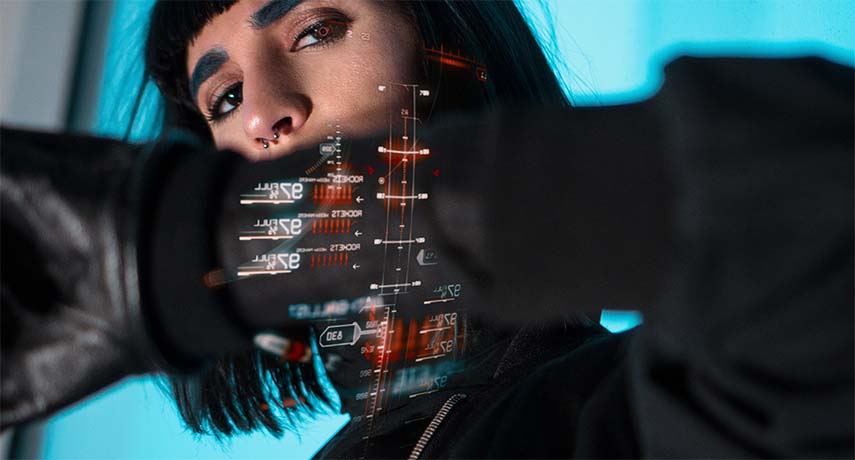Kathy Gibson is at DevConf in Midrand – The new era of intelligent systems has the ability to fundamentally change the world – but this might not be for the better unless these systems are carefully and thoughtfully designed.
That’s the word from Clifford de Wit, CTO of Dexterity Digital, keynoting todays DevConf in Midrand.
He stresses that we are entering an era where powerful hardware is making possible the development of intelligent, almost sentient, systems.
In fact, some technology can make people feel distinctly uncomfortable, he adds.
When it comes to artificial intelligence (AI), a number of issues are already being raised.
The problem, of course, is that it is very difficult to correct for bias in AI, or for the reinforcement of bias.
There is also the issue of algorithms influencing elections, and other unintended consequences of algorithms.
Not that there aren’t unintended consequences of formal software, De Wit adds.
We have to be careful about the information that goes into algorithm training, he adds.
“The responsibility lies with us. We are the creators of these systems – the creators, trainers and learners,” De Wit says. “The stakes have gotten a lot bigger, but we have to adopt this technology.
“We know well enough that nothing stops the adoption of technology. So we have to think about these systems differently, about how we create code in a non-deterministic world.”
These unintended consequences have massive implications, De Wit adds. “When my autonomous robot or car kills somebody, we have to think about things differently.”
The ethics of computer science is a big topic of discussion in the industry, De Wit continues.
The difference with this wave of technology is where it is being curated. Whereas most R&D in the past came from the military, this is not the case anymore – this wave is being driven by big commercial vendors.
“This changes the playing field,” De Wit says. “Technology comes out sharper, quicker, and faster. But we could be handing people a loaded gun.”
The ISO body only started working on AI a couple of years ago and will take another few years before it releases any standards.
De Wit advises developers to take responsibility: ask the why questions, think about the people you pull into the conversation. Think about testing – and test across disciplines; look for unintended consequences, or the correctness of intended consequences.
“The human element in this is going to become very interesting,” De Wit says. “Living algorithms are going to be critical.”
Monitoring of learning algorithms have to be monitored too – to ensure they are not learning the wrong things.
“Never before has so much computing been in so many hands; and never before has it been so powerful,” De Wit says. “And it is going to be more powerful still when quantum computing arrives on the scene.”
He encourages developers to think carefully about their projects, and to consider the future.

